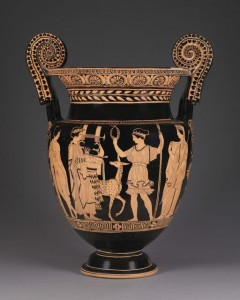Gods, Heroes, and Monsters: Greece and Rome
The civilization of Ancient Greece spanned from the Archaic period (8th to 6th centuries BCE) to the end of Antiquity (600 AD). Most people are familiar with the Ancient Greeks through an affinity with mythology stories, such as those told by Homer in the Iliad. The line between mythology and historical events are blurry and often the two intertwine. Often, human heroes are embellished with god-like powers and are depicted as either demi-gods or full-fledged gods honored with a spot in the Pantheon. By analyzing these heroic figures, we gain an understanding of the values of the cultures that worshipped these gods and heroes. These archetypes and stories have remained relevant for centuries. We still find entertainment and knowledge in the stories of these ancient heroes and gods. When the Romans took control of the Greek peninsula in 146 BCE, the Romans adopted the Greek pantheon and added their own names and titles to the classic Greek gods.
Introduction composed by all members of the Greece and Rome exhibition group.
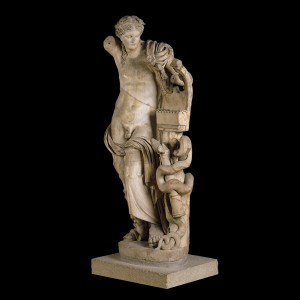
Apollo: God of music, poetry, art, oracles, archery, plague, medicine, sun, light and knowledge
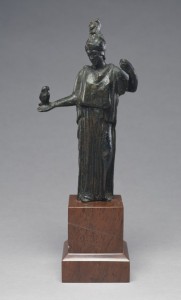
Athena: Goddess of Wisdom
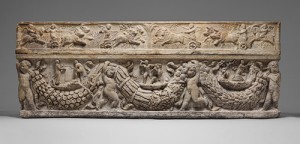
Ariadne
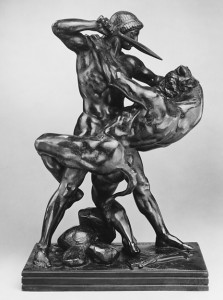
The Minotaur in Ancient Greece
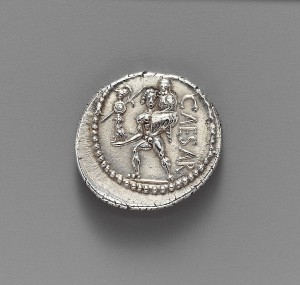
Myth as Propaganda-Roman Venus
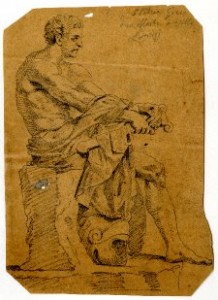
Ares
